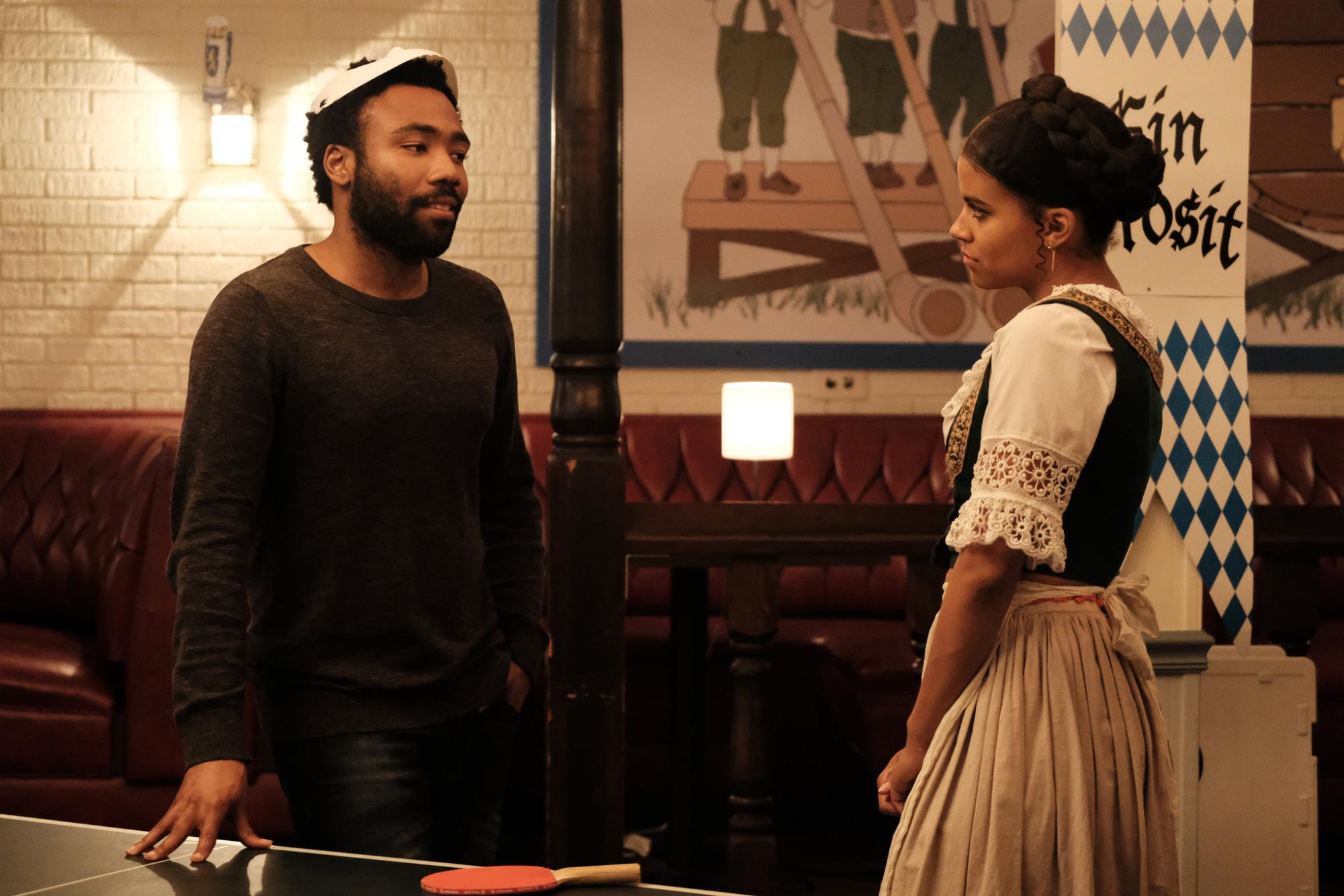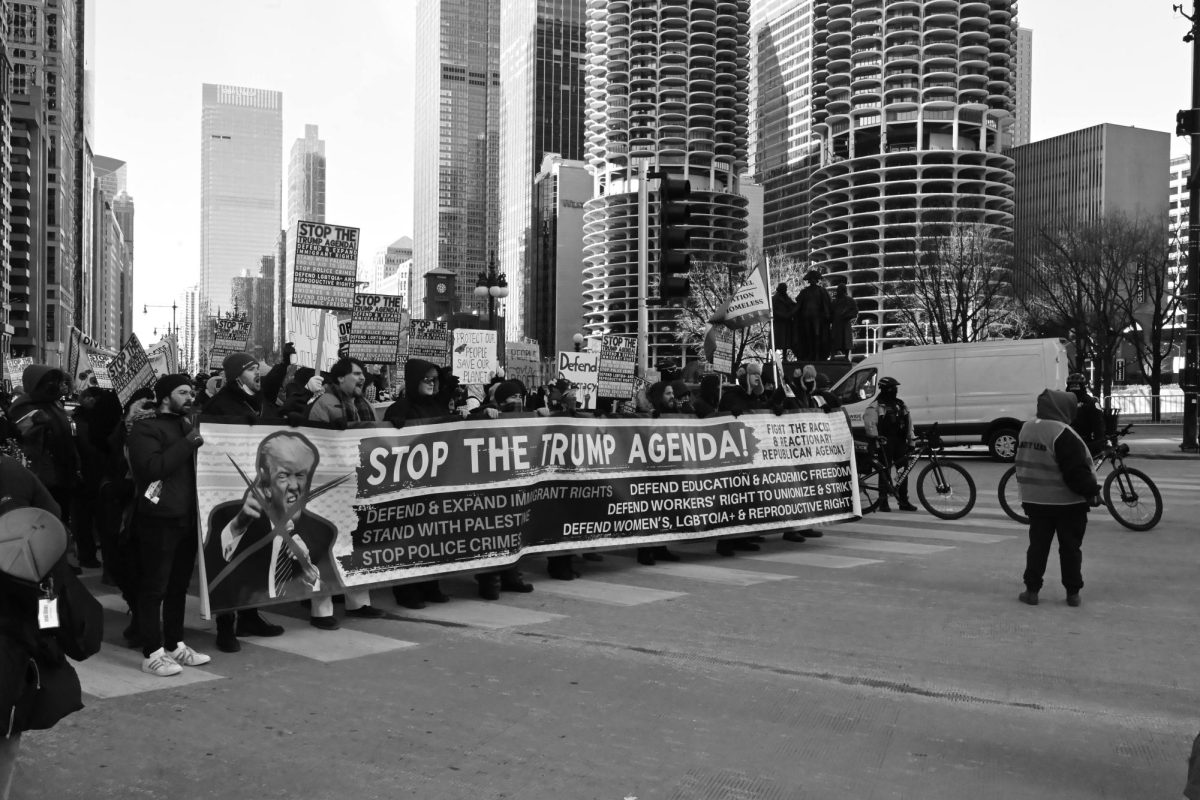Recently, I decided to give Donald Glover’s TV series “Atlanta” a much needed re-watch. During season 2 episode 4 in which Earn (played by actor Donald Glover) and Van (played by actress Zazie Beetz) visit the Bavarian “Fastnacht” , I got struck by the question: “Is Atlanta the GOAT?”.
When analyzed by critics, the term ‘Afro-Surrealism’ comes up a lot in connection with this show. Originally termed by Amiri Baraka in 1974, it was taken up and further developed by D. Scot Miller in his 2009 “Afrosurreal Manifesto”, wherein he writes in reference to Frida Kahlo: “Afrosurrealism sees that all ‘others‘ who create from their actual, lived experience are surrealist.”
Hereby Miller describes an intersectional way of seeing. One that stems from the experience of being othered in a white-supremacist, patriarchal, colonial landscape. It imprints its premises, its ‘logic’ on a subject that can never fully participate in the declared ‘reality’ of these systems.
“Capitalist Realism”, as Mark Fisher phrases it in his 2009 book of the same title. In the case of the oppressed, the surreal sprouts from the ability to see those things invisible on the surface of dominant ‘reality,’ the subtle and sometimes obvious but oblivious ways of otherness; the past imprinted on the present and the future; the scars and open wounds, as well as the inherent possibilities – “Behold the invisible! You shall see unknown wonders” (Miller) .
The world of “Atlanta” is surreal in many ways: Invisible cars, spectral apparitions, dream sequences. But in no way can it be described as fantasy. As much as it is surreal, it is persistent in its depiction and analysis of some of the most urgent contemporary realities: poverty, racism, trauma, white supremacy etc. In the sense of Miller, it is thoroughly concerned with the “RIGHT NOW”, and it uses every possible chance of artistic “excess [as a] means of subversion”.
Sometimes “Atlanta” uses the surreal as comic relief, sometimes as literary reference. Sometimes it’s employed to showcase the absurdity of racism or the excess of present day capitalist violence.
In the case of the “Fastnacht”, it works as a narrative device through which the characters (and the audience) experience this strange event of a strange culture that Earn is not part of, maybe even positioned on its ‘opposite end’. It is the “other’s lens” through which Bavarian culture – ‘my culture’ – is being depicted. And it is by no means a ‘realistic’ image of it but more of a feeling, a vibe, an atmosphere of this culture within which I grew up as an “other”: a queer trans woman.
And suddenly my eyes become synonymous with Earn’s while my brain understands Vanessa and the language she suddenly uses. It is surreal, but in that, it becomes hyper-real, off-putting, nightmarish and hilarious at once. Within this feeling blossoms one of Miller’s quotes: “Afrosurreal presupposes that beyond this visible world, there is an invisible world striving to manifest, and it is our job to uncover it.”




